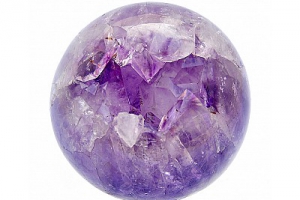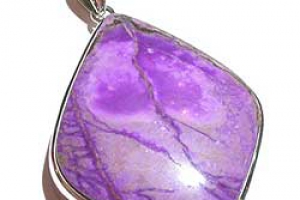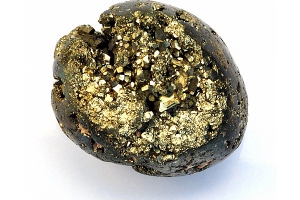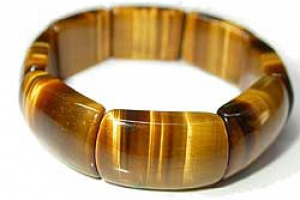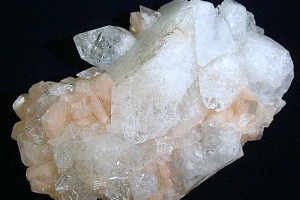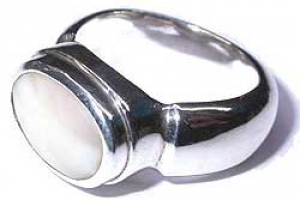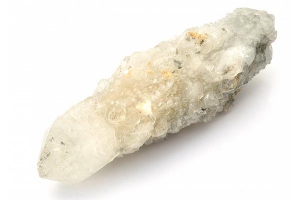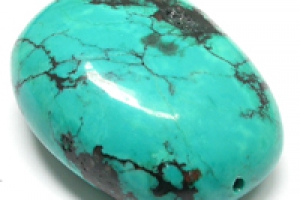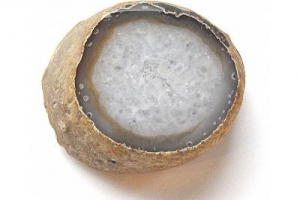Aventurine
This form of Cryptocrystaline Quartz contains inclusions of small crystals that reflect light and give a range of colors - depending on the nature of the inclusion. Hence aventurine may be green, greenish-brown, blueish-white, bluish green and orange. Aventurine has a hardness rating of 7.
Aventurine has been confused with amazonite and jade. Dark green Aventurine generally has inclusions (due to green fuchsite mica and perhaps a bit of pyrite) which creates a speckled appearance. This is an easy identifying factor often called aventurescence.
The name aventurine derives from the Italian  "a ventura," meaning "by chance." This is an allusion to the chance discovery of aventurine glass or goldstone
"a ventura," meaning "by chance." This is an allusion to the chance discovery of aventurine glass or goldstone  at some point in the 18th century. Although it was known first, goldstone is now a common imitation of aventurine and sunstone. Goldstone is distinguished visually from the latter two minerals by its coarse platelets of copper
at some point in the 18th century. Although it was known first, goldstone is now a common imitation of aventurine and sunstone. Goldstone is distinguished visually from the latter two minerals by its coarse platelets of copper  , dispersed within the glass in an unnaturally uniform manner. It is usually a golden brown, but may be stained blue to create "bluestone."
, dispersed within the glass in an unnaturally uniform manner. It is usually a golden brown, but may be stained blue to create "bluestone."
If a color is not stated with the word aventurine, it is usually assumed to be green.
Translucent Aventurine often fades in the sun.
Aventurine is found in Brazil, India, Japan, Russia, Tanzania, and USA.






